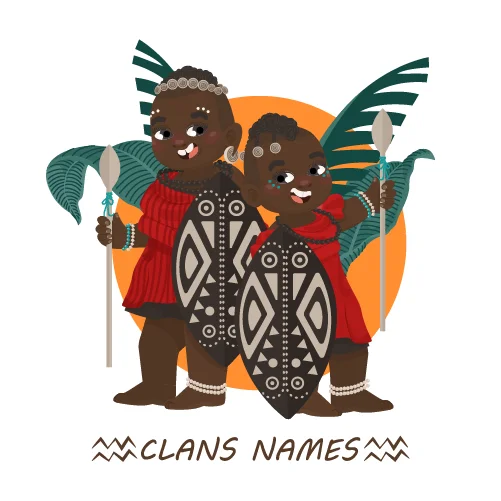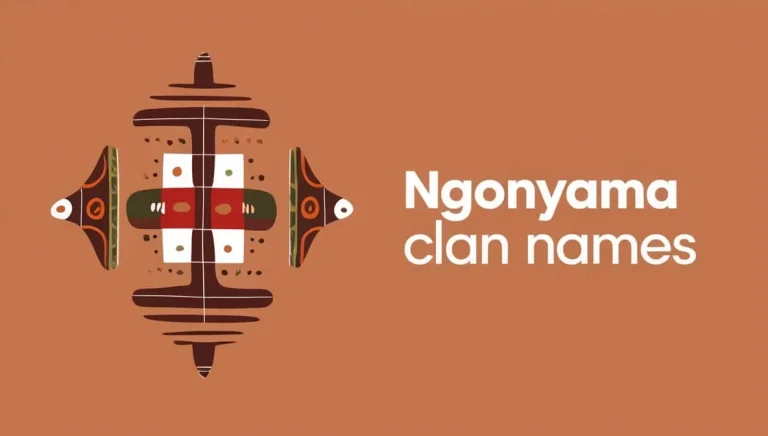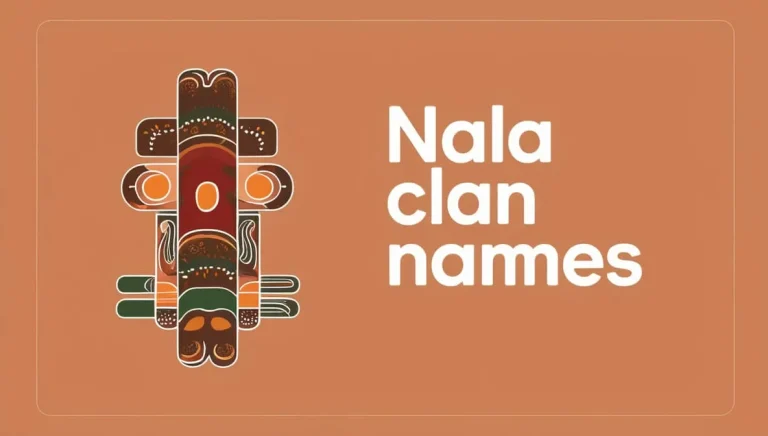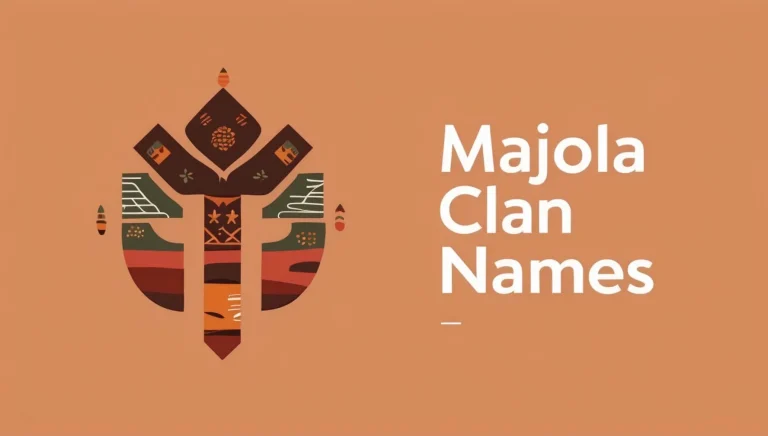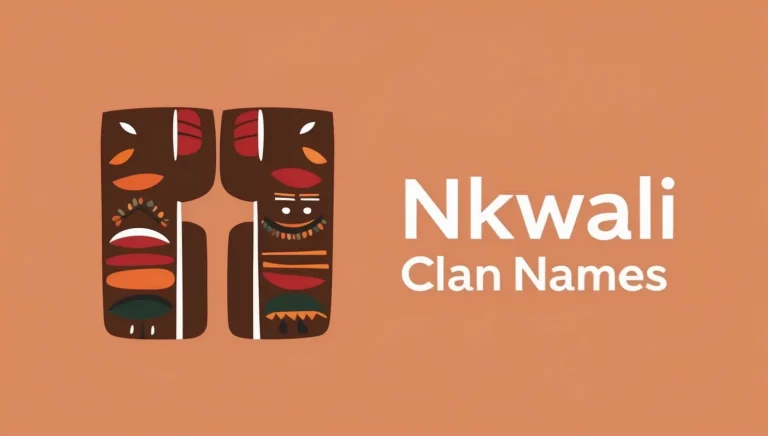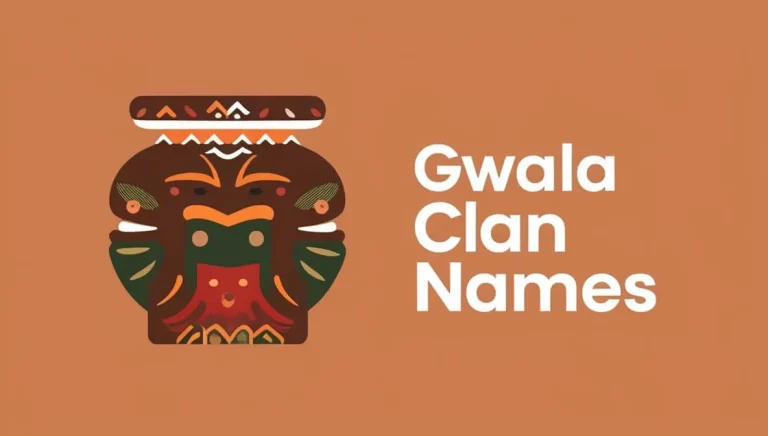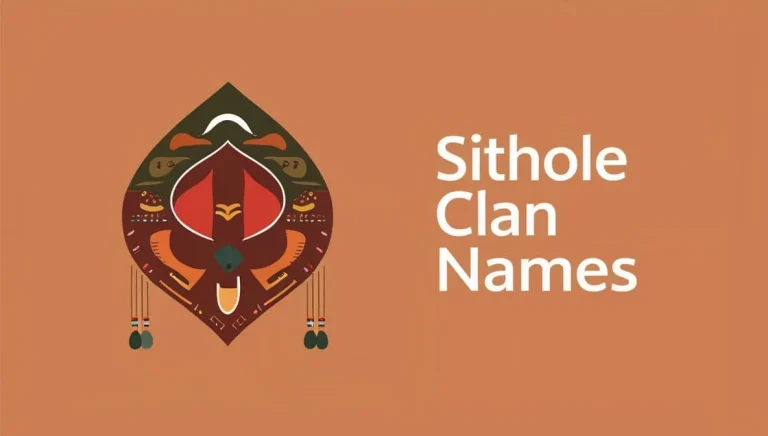Izithakazelo zakwa Myeza Clan Names History and Origin
Myeza is one of the most common surnames found in South Africa and may also take on various forms.
Clans play an integral part of African communities and people identify with them directly; their children often take on their father’s clan name when making life decisions.
Izithakazelo are an expressive way of honoring one’s heritage. Learn more about the history and origin of myeza clan names here.
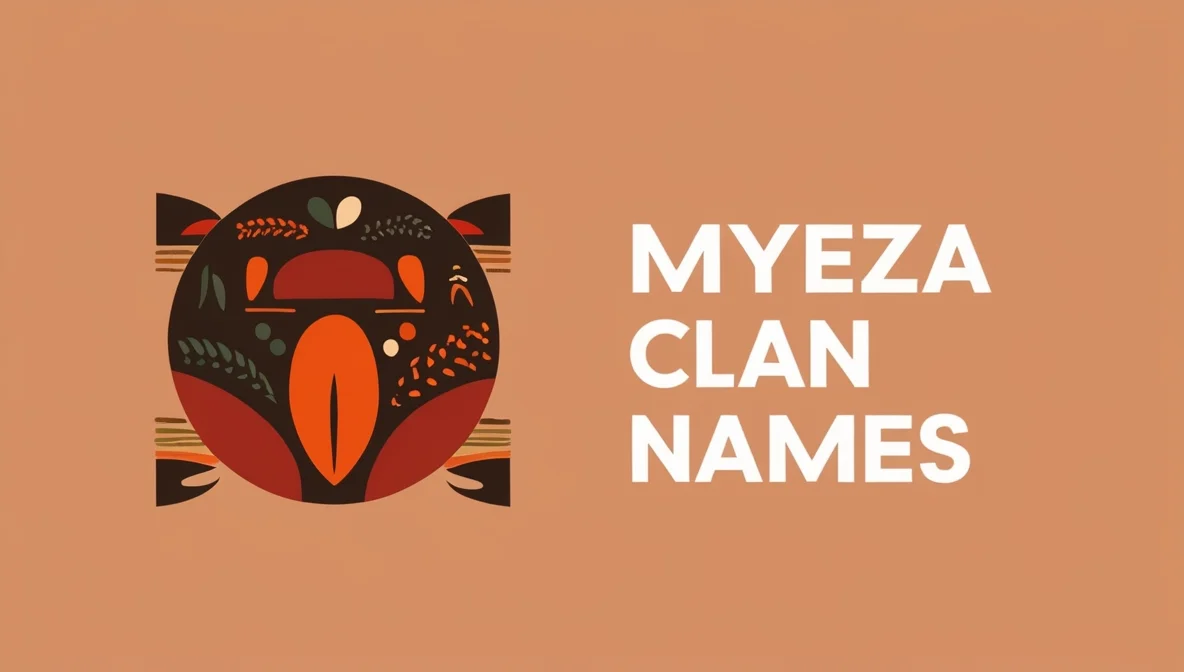
Myeza Clan Names and Praises (Izithakazelo)
The Myeza clan, like many other Zulu clans, holds a rich history and traditional izithakazelo (praises) that connect them to their ancestors. Below are some of the praises and clan names associated with the Myeza lineage:
Myeza Izithakazelo
- Myeza kaS’khabana
- Wena kaNcwane
- Wena kaMbhele
- Bhengu!
- Ndaba kaPhunga noMageba
- Wena owatheza ngembeleko, kwazala abanganeno
- Wena owadla umuntu engadli inyama
- Mdladla!
- Nkomo zidl’ umuntu!
- Ndabezitha!
Zulu Clans and Surnames
As is true with other indigenous African cultures, family is at the core of Zulu society. Homesteads consist of patrilineal clans centered around herds and fields that provide sustenance for sustenance for the household; fathers assume primary authority within the house and polygyny is practiced; wives are ranked according to strict seniority under their eldest wife (whom serves as mother for their heir).
Before Shaka united the clans of Zululand under his leadership to form a nation, each clan existed separately and self-sufficiently. Today, Nguni clan identities tend to be defined less by territory than by language and monarchy.
Zulu people find their identity through the clan system. Exogamy with immediate kin is encouraged while surname sharing may not always mean closeness between individuals since surnames often reflect localized clan names rather than those found elsewhere in Africa.
Alfred Thomas Bryant was an influential 19th century ethnographer who meticulously recorded the clan system. His findings were published in Olden Times in Zululand and Natal Containing Earlier Political History of the Eastern Nguni Clans (Pietermaritzburg: Struik 1929) where they provided insight into both grammar and clan names; it also offered much information about social structure within Nguni people.
Zulu Baby Names
African names carry with them more than just labels – they symbolize cultural heritage and pride that connect people to their ancestors and history. Parents frequently select baby names that symbolize this aspect of culture or heritage or a memorable time in life when choosing names for their newborn child.
When choosing Zulu names for babies, there are numerous choices. One popular option is Mnandi; its meaning translates as ‘sweetness”. Also popular is Sindisiwe; this elegant and sophisticated name signifies the child’s ancestral roots with ease.
Selecting an ideal Zulu name for your baby can be an exciting adventure! While most families choose to name their children after significant events or circumstances, others take an unconventional route when naming their kids.
No matter your approach to choosing a name for your child, it is crucial that you keep in mind its impact on their personality and future success. Therefore, take time and care in choosing one which embodies beauty and meaning – doing so will set the foundation for future success in all aspects of their life! Wishing you good luck!
Zulu Family Names
Myeza family history can often be traced to various parts of the globe. Ancestors from one country or region might explain why their name may sound differently depending on where it’s spoken in other places. Furthermore, these individuals can often trace clan origins and the history of those with similar surnames.
Importantly, one should bear in mind that one’s clan isn’t determined by his or her parents but by their ancestors. For instance, Mthimkhulu derives its name from two sources – umuthi (tree) and -khulu (big). Additionally, inkabi and ende can both be traced back to verb idla and noun omncane respectively.
The House of the Zulus (Zulu: abakwaZulu), or more commonly referred to as Zulu royalty, comprises both their monarch, his consorts and all legitimate descendants from all prior rulers. This family serves as a symbol of power, unity and ubuntu within Zulu society.
House ceremonies celebrate significant life milestones such as celebrating a child’s first birthday through IMBELEKO or marking menstruation through UMHLONYANE; even death can be commemorated through ceremonial occasions by slaughtering a goat for its blood sacrifice.
Zulu Historical Records
King Shaka was responsible for replacing many traditional clan inkosi with an administrative structure designed to centralize power and control. This new structure was known as amabutho and featured small communities that received key government jobs as well as an understanding of national identity untethered from any particular territory (De Vries 2005).
Amabutho were constructed around family groups of ten to twelve members. Boys initiated into an amabutho at puberty were placed into age sets that formed units of the army; these age sets were located away from home at royal barracks under direct command from their king; only with his permission could individual age sets marry together as one age set.
Amabutho structures became an invaluable asset to the kingdom and helped unite hundreds of clans into one Zulu identity under King Mzilikazi’s guidance. This became the basis of what later became Zululand under British colonialism; and still forms part of their identity today through language and monarchy as symbols representing power and authority that represents them today.
